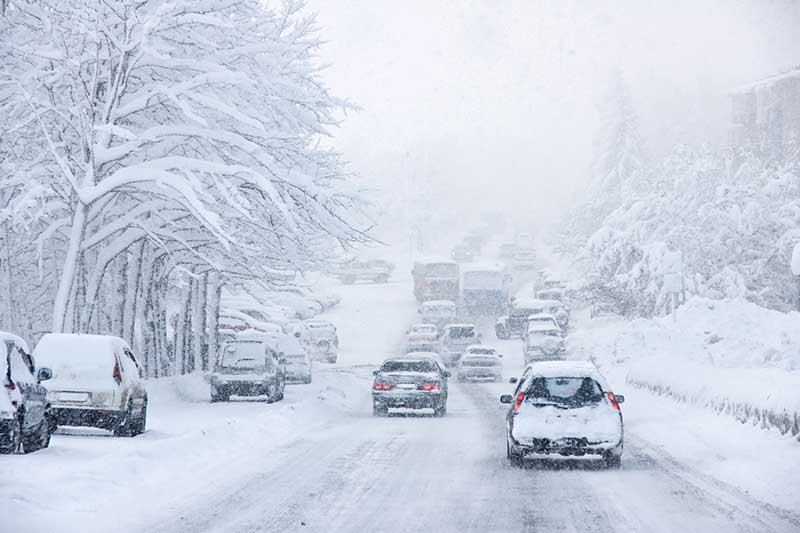Legal determination of liability
Determining who is liable in a snowstorm accident is a challenge that courts face during the winter months. In Northern Texas and in other states throughout the country, snow storms can lead to serious accidents. People driving in snowy conditions must take certain precautions to prevent accidents. In fact, failing to do so can result in liability, should an accident occur.
Under Texas law, how does liability for vehicle accidents work?
Texas bases liability on comparative negligence. What this means is that courts assign drivers a percentage of fault for causing an accident. A driver assigned more than 50 percent fault cannot sue to recover damages for their vehicles or injuries.
What are examples of negligent driving behavior during snowy conditions?
Drivers must account for bad weather conditions by driving more slowly. They must also increase their distance between other cars. Therefore, speeding or driving too fast for the weather conditions would be negligent. Tailgating or failure to put enough distance between your vehicle and another vehicle would also be reckless.
How is driving without a properly equipped vehicle negligent?
To create better traction, drivers should use snow tires during a snow storm or snowy weather. Increased traction helps to prevent skidding. When investigating an accident, discovering a failure to properly equip the vehicle might be a form of negligence.
Can an accident victim hold a local government liable for a snowstorm accident?
Local governments must plow and treat the roads based on snowy weather. Their failure to do so in a timely manner might cause an accident. This failure could result in a lawsuit filed against them.
Do you need help with determining who is liable in a snowstorm accident?
The Law Office of Michael R. De La Paz handles cases nationwide that involve serious vehicle accidents. We have clients in Texas, Louisiana and Illinois, along with other states. In addition, our firm has successfully represented victims statewide—from the Dallas and Fort Worth area to central and southern Texas. Arrange a free consultation today to evaluate your potential case.

